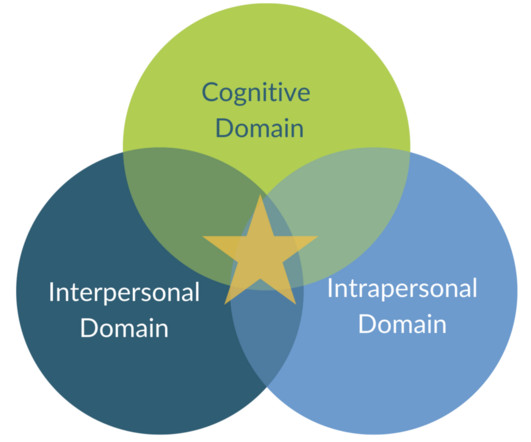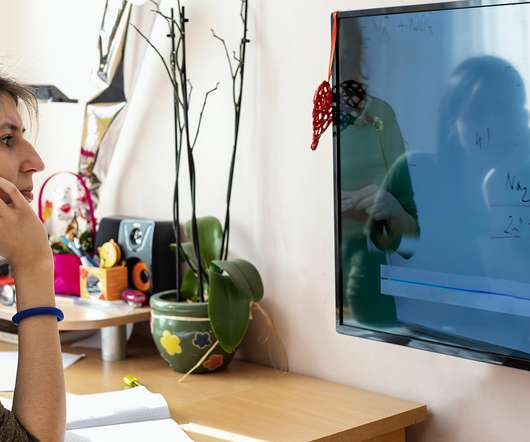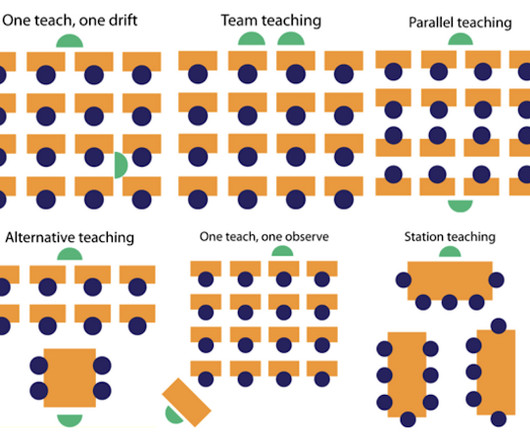Designing For Deeper Learning: Identifying Challenges and Prototyping Solutions
Catlin Tucker
MARCH 28, 2023
Cognitive The cognitive domain refers to the content knowledge and skills students must acquire to engage in deeper learning. How do teachers ensure that instruction and facilitation of learning are accessible, inclusive, and equitable? This includes higher-order thinking, problem-solving, and reasoning.
















Let's personalize your content